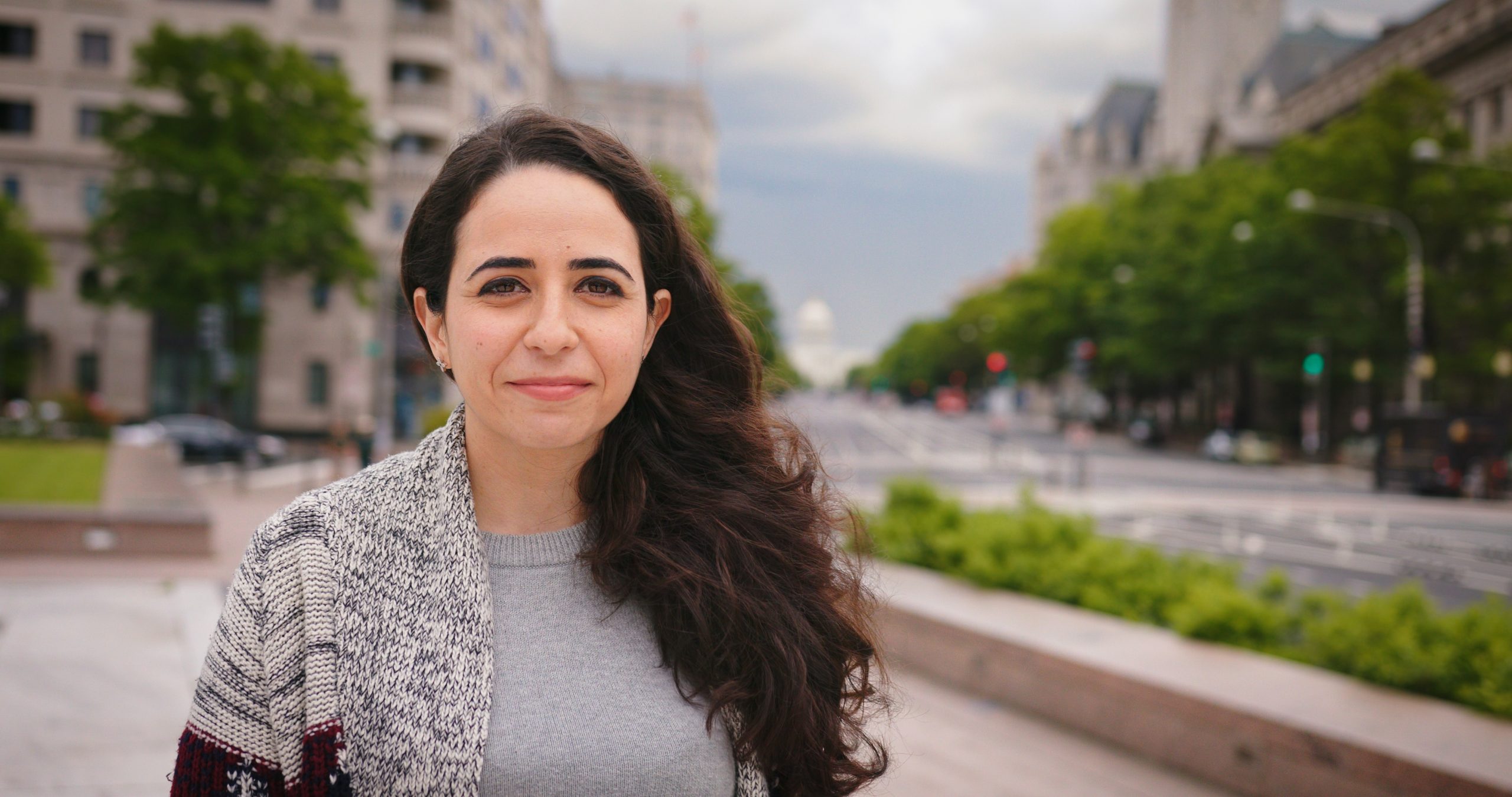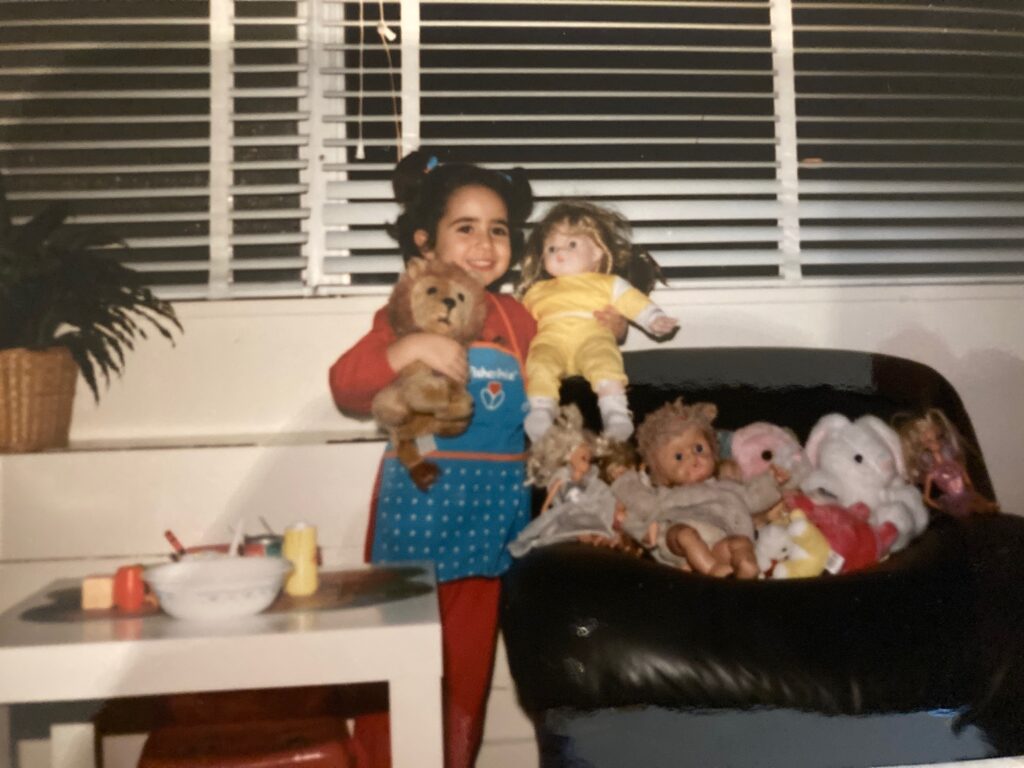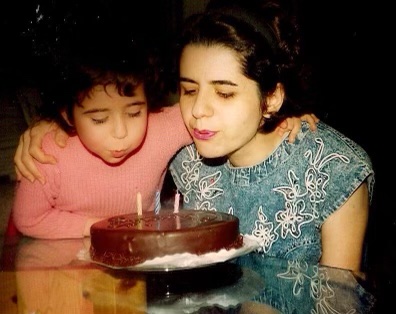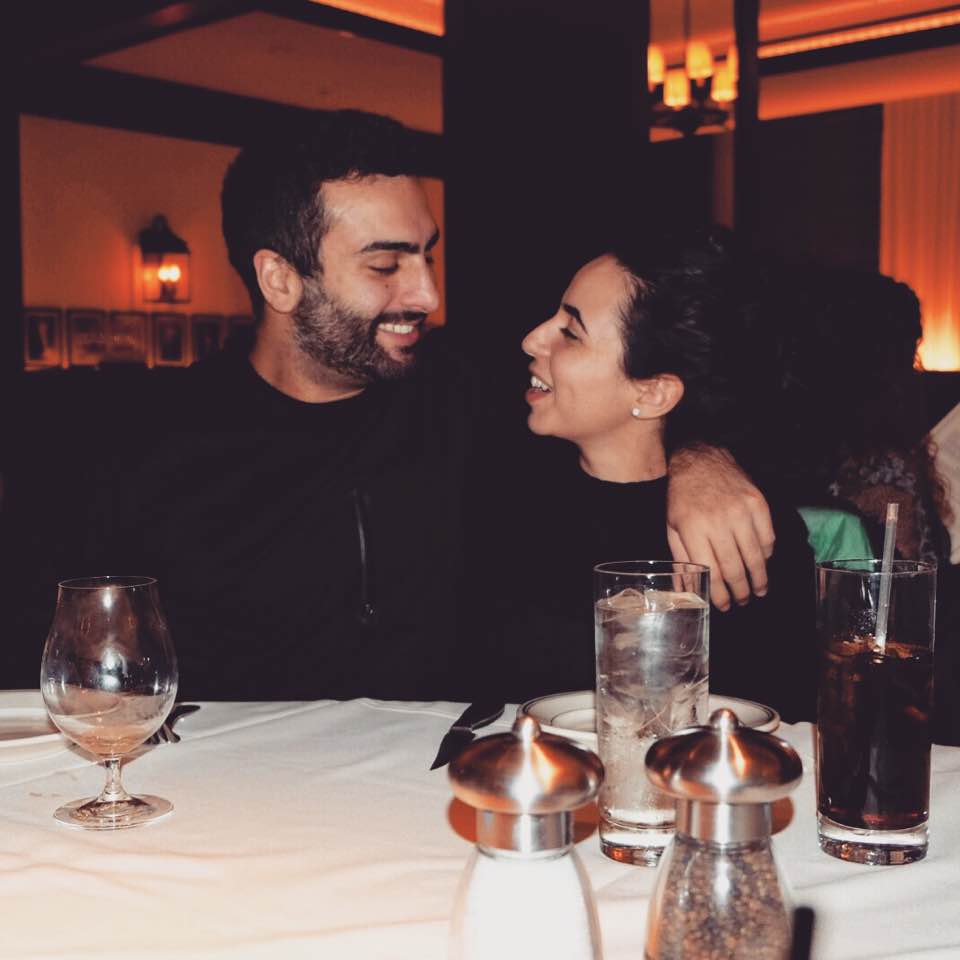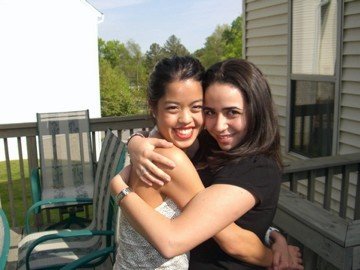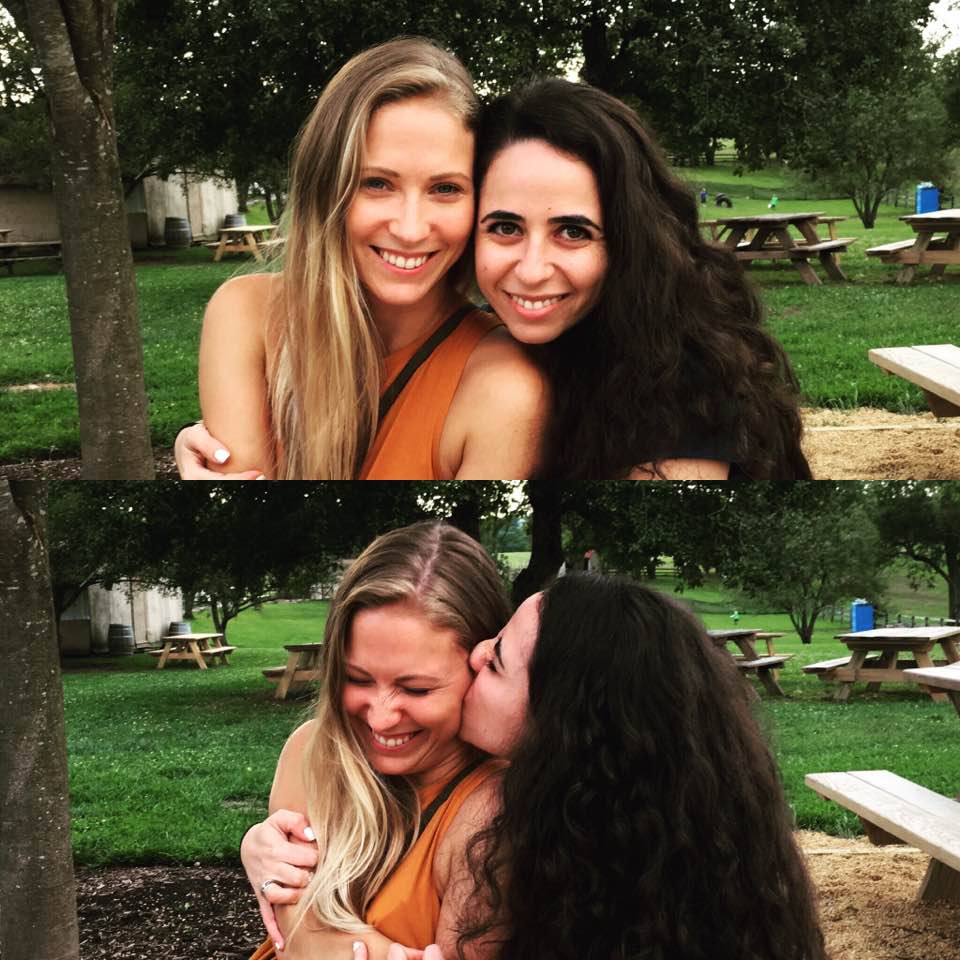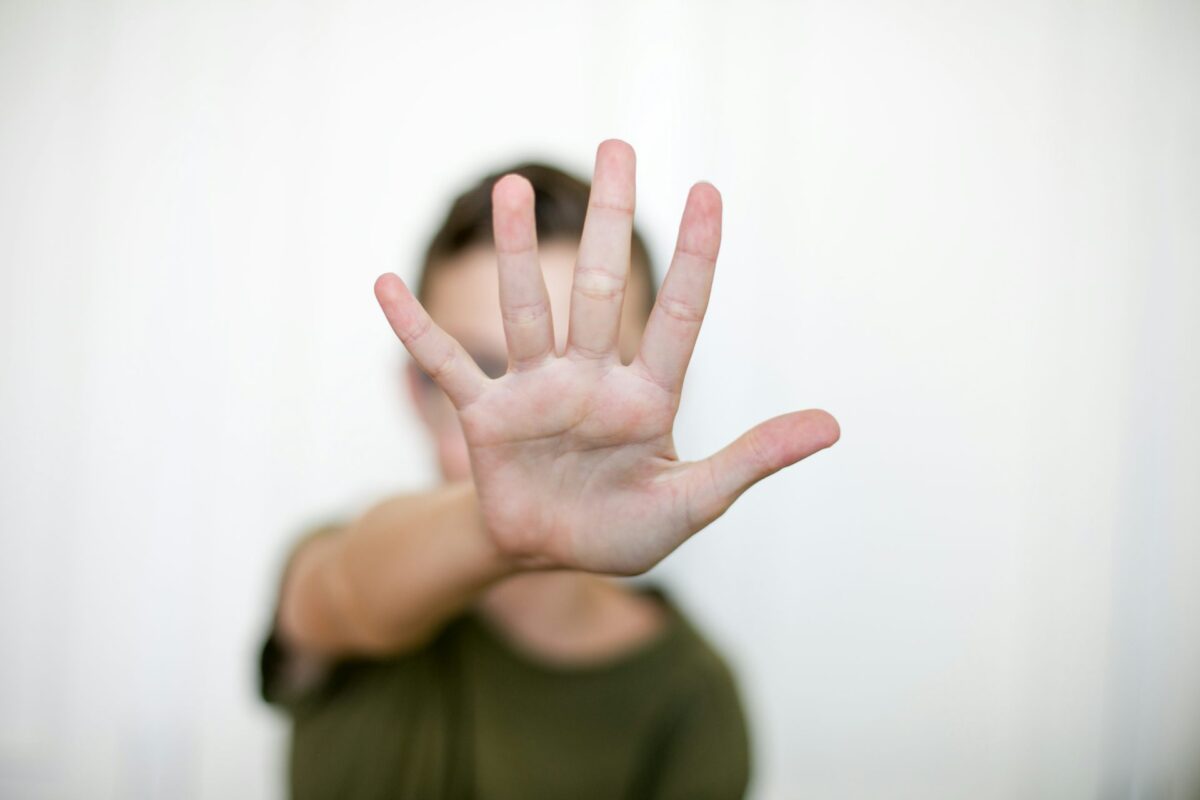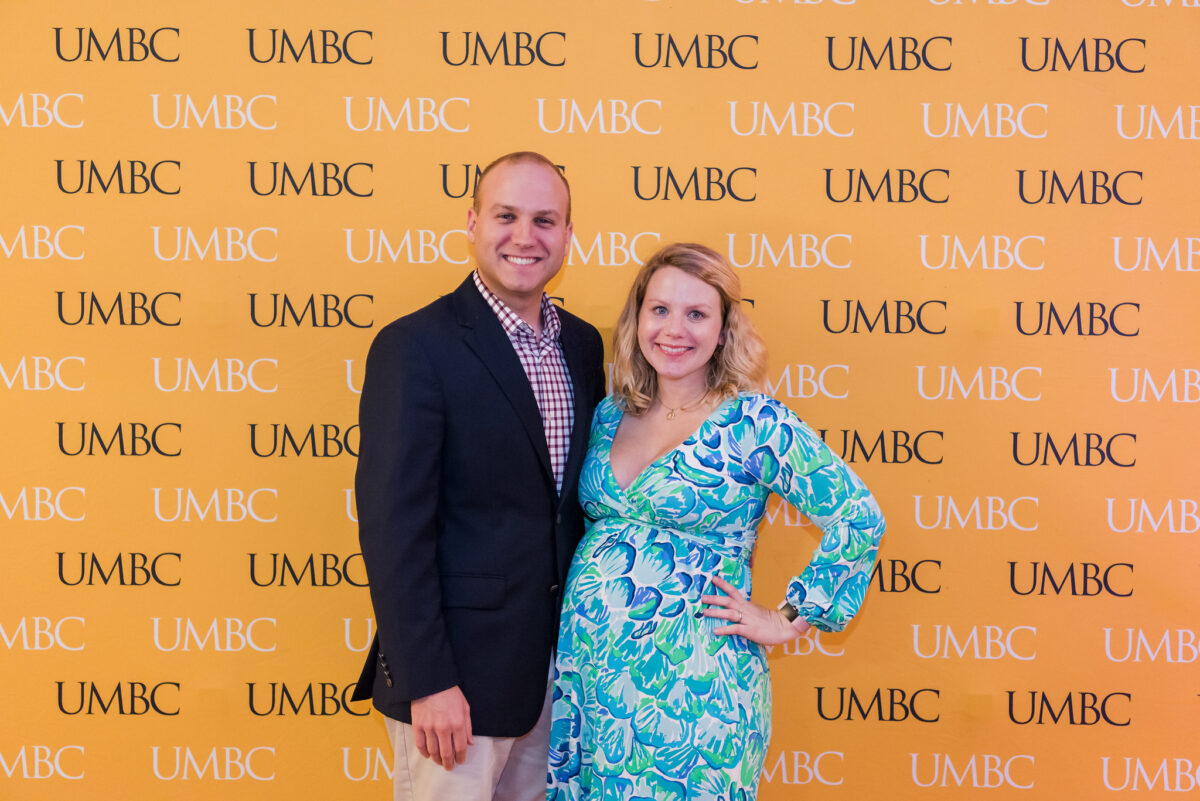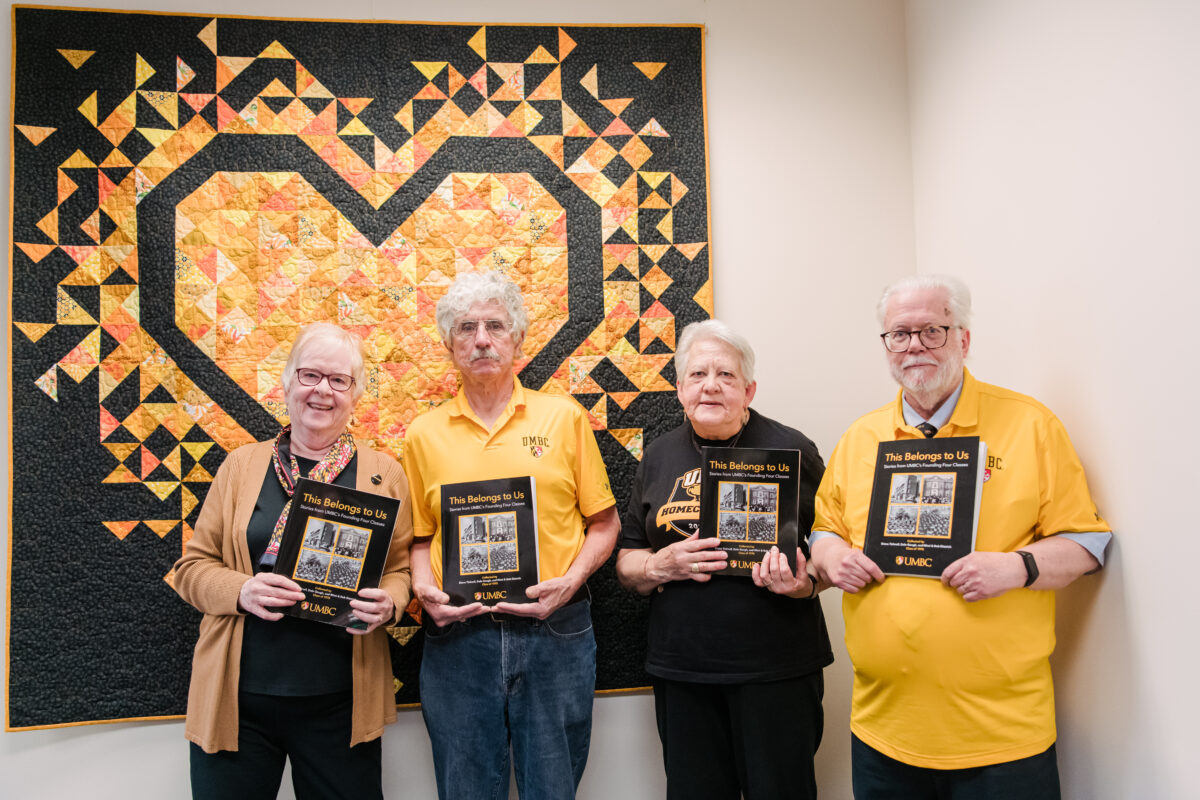Standing in the nearly empty expanse of Freedom Plaza, a block away from the White House and with the Capitol dome behind her, Ghazal Rahmanpanah ’08 is struck by the contrast of the demonstration space during the pandemic compared to vigils and demonstrations she’s organized and participated in there previously.
Rahmanpanah recounts some of the causes she’s rallied around in that space—No War With Iran, the National Iranian American Council, Move On, We Won’t Wait, and Mothers of the Movement at Freedom Plaza—advocating for peaceful and progressive policies. “I used to work right up the street,” says Rahmanpanah, “and the running joke was that the only times I ever took a lunch was to come here and participate in some sort of activation.”
It was her political science major at UMBC that helped Rahmanpanah realize she didn’t want to be a constitutional lawyer like she originally thought. Through her classes and conversations with professors she discovered her passion for “questioning laws and driving people to make sure those laws worked for everyone,” she says.
Rahmanpanah is now director of special projects for The League, a social impact collective. “The idea is that politics happens every day,” says Rahmanpanah. “Everyone lives political lives without realizing it, but while it might take a lot for you to bring someone to politics, it doesn’t take much to bring them to culture. And there is an intersection where social justice issues and politics and culture meet. So what we try to do is to bring people to live more civically minded lives through narrative change.”
The right to live with dignity
This drive for equality started early for Rahmanpanah. “My involvement with civic engagement probably began when I was born,” she says. “I was born in Tehran, in Iran. We came here to the States when I was about five years old because of the war. There was the Iran-Iraq war right after the Iranian Revolution. So it just wasn’t a sustainable environment, according to my parents, for us to stay in.”
The awareness of injustice was “seeping into my psyche at a really young age,” Rahmanpanah explains. “And so I just became really fascinated with human rights—the idea that human security is for all. There are certain things that every individual deserves the right to live with. And one of those is the right to live with dignity. And that’s why I feel really strongly about what I do about changing narratives, changing how we talk to people about people, how we bring people into community.”
Rahmanpanah’s work at The League gives her the platform to make change. As a society, she says, “we really like to push people to calls to action, but we don’t take the time to really see what type of narrative would resonate in their lives. And so that’s the work we do at The League. It’s a lot of culture change work.” Projects she’s worked on include a PBS documentary called And She Could Be Next, which follows women of color who are getting involved in different types of political campaigns. “It highlights that for most working moms or for women in particular,” says Rahmanpanah, “there’s so much space to get involved in campaigning whereas maybe they didn’t feel like there was in the past.”
Another project brings young people into the voting conversation to let them see how their lives are impacted by elections. Rahmanpanah calls the concept “a full set society.” “Every four years, the major campaigns come out and ask, ‘Hey, did you vote? Did you do this?’ Usually it happens in the 11th hour and it fails to make people feel like they’re in community. It fails to tell young people how these issues impact them day to day and not just during election periods, because every year is an election period.”
Change is good
The word community is often a well-used buzzword, but Rahmanpanah says she discovered a tangible community at UMBC. “When you come to UMBC, you get a sense of being in a big environment, some place where there’s a variety of voices and ideals and everything. And that’s something so rare—that you could be in a big space, but connect with so many various people.”
Additionally, Rahmanpanah realized that coming in contact with different people on campus was changing her—and that was a good thing. “My politics and my ideologies changed because of the people I interacted with, Dining Hall staff sharing with me about their lives in Baltimore, because of the professors I spoke with on campus and in classes and events,” says Rahmanpanah. “It challenged how I thought about things and continued to force me to learn and unlearn things. And I hope that we can do that within movement spaces so that we’re not so insular so what we’re trying to say reaches more people.”
“I think people live progressive values without realizing it,” Rahmanpanah continues. “And so sometimes it’s just something that’s lost in translation. As someone who’s had to translate and interpret for family her whole life, I can tell you, that just happens sometimes. But we have to meet people where they are and we have to figure out how to speak to them. And that takes a lot of grace and patience. And that’s what I’m hoping to do with my work.”
It’s personal
While UMBC has helped shape Rahmanpanah’s professional and political trajectories, it’s actually her personal life, she says, that was most impacted when she became a Retriever. On her second day on campus, she met her now fiancé Sherwin Rahimi. At their upcoming wedding this September, she’ll rely on two of her best friends for make-up and photography, Sam Navarro ’08, psychology and Jessica DeThomas ’09, history. “It feels so great that such a special day is rooted in our origin story,” says Rahmanpanah.
*****
Header image by Corey Jennings ’10, all other photos courtesy of Rahmanpanah.
Tags: Alumni Stories, Political Science, Videos

